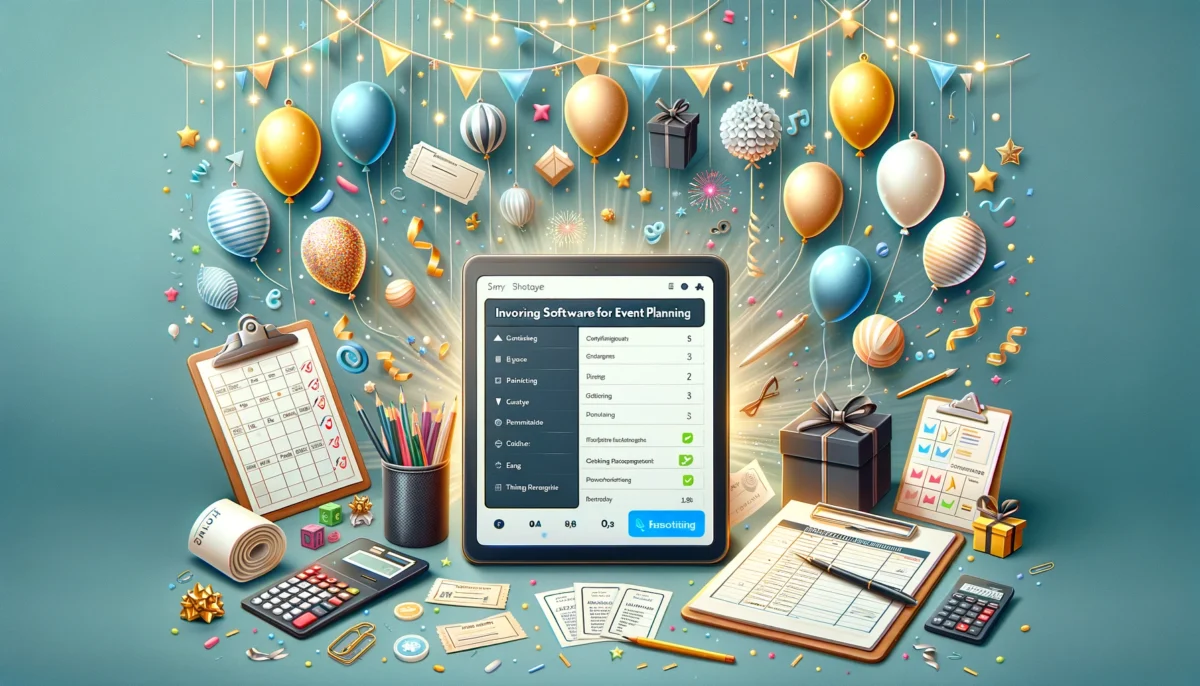What is Estimated Budget?
This depends a lot on what type of business you are in, how many employees you have, and how much “wiggle room” you allow yourself.
The estimated budget is a plan of the business’s expected cash income and cash expenditure for a given period. It reflects the impact of future business activities on the company’s cash balances. In practice, these are weekly and sometimes monthly cash budgets, which are important for planning and controlling cash receipts and expenditures. In addition, an Estimated Budget helps to avoid unnecessary cash surpluses.
The budget is a financial plan for income, expenses and profit. The ideal form of a business budget is an annual budget, regardless of the starting month. With such an approach, we have insight into the future of the business, and with monthly checks and updates, we can monitor trends in revenue and expenses that occur during the year.
What is important?
When creating Estimated Budget, you have to consider strategic business plans. Increasing revenue and reducing costs are the goals of all businesses. Here are examples of how the budget helps us in business:
- If our business is stagnant for several months in a row, we need to dedicate ourselves to planning for an increase in sales in the coming months.
- We can use the budget to determine the coverage point for each month of the year. We can consider cost reductions and revenue increases for each month, set a goal to operate profitably each month, and predict the months we will operate negatively.
- If you’re a seasonal business owner, business budgets are even more valuable because business time is limited and extra effort is required during the months you are operating to generate the revenue to cover annual expenses.
If you know why and how you made the loss and how you will make up for it, that loss is not a problem.
There are two possible approaches to budgeting, starting with either expected revenues or expenditures.
Revenue approach:
- determination of expected revenues,

- higher level of uncertainty,
- stronger motivating effect,
- significant projection errors can be very dangerous.
Expenditure approach:
- determination of expected expenses,
- much better ability to predict,
- a more conservative approach,
- can slow down business development.
What a good budget consists of?
- You should start with your income. It is the amount you hope to earn from the sale of your product or service. Regardless of the cost of getting there, it is the money you bring into the coffers. It could be based on last year’s numbers or an industry average if you are a startup.
- Fixed costs include any regular, constant expenses that do not change regardless of your revenue, such as insurance, utilities, rents, accounting and legal services, bank fees, and equipment leases.
- Variable costs are the critical part of your business plan. You should establish whether or not you can afford to spend a certain amount of money each month and how you will use that money to maximize your resources.
- Non-recurring costs are the costs of moving an office, buying equipment, furniture, software, and other one-time expenses associated with a new product launch.
- Your cash flow is a fancy way of saying your income minus your expenses. There are many different ways to calculate this, and this method is most commonly used. By subtracting your total expenses from your total income, you can determine if you have a positive cash flow.
- After deducting your expenses from your income, you are left with your profit. Profit margin is the difference between what you sell and what you spend on things like marketing, rent, salaries, and utilities. If they are not as high as you’d like, you can adjust your cost of goods sold to make more profit.
- Invoice Crowd simplifies invoicing, expense tracking and accounting, saving you time and money.
More tips and tricks how to calculate an Estimated Budget for your business
Whether it’s seasonal work, starting a business, manufacturing products, selling services, delivering services, selling over the Internet – each job requires a unique approach. Remember that each of the listed businesses has its own specifics, which you cannot ignore.
We present a few specifics that you should definitely keep in mind, depending on what job you are doing.
In the event that your business experiences high and low seasons, you should establish a budget. This way, you can better predict your revenue.
When budgeting for e-commerce, consider shipping costs. It can be costly to ship goods via e-commerce (and to pay possible import duties).
Ensure you stock up on inventory when you need it. It’s best to base this on last year’s sales or industry benchmarks.
Factor in how much time and labor you need to produce an item. This can vary greatly from job to job, so make a rough estimate for each product.
New businesses are hard to start. You have no idea what to expect from your budget. Ask around for industry figures for rent, salaries, and marketing costs. Your network can provide you with advice on what to expect when it comes to benefits, fees, and equipment.
Consider any projected sales and revenues, as well as salaries and consultant fees, if you’re in the service industry. It’s best to use a budget that’s flexible since these numbers are only estimates. The amount depends on how many employees are needed to deliver the service, their time cost and the changing needs of the client.
Constant and consistent checking
Take a few hours each month to do an analysis of the past month and update annual plans. Share all important information with your key employees to find quality solutions and new ideas to improve your business.
The beginning is difficult and requires a lot of discipline, responsibility and consistency in creating and sticking to a certain budget, but after a while, creating a database and analyzing the collected data will bring you one step closer to your goals.





